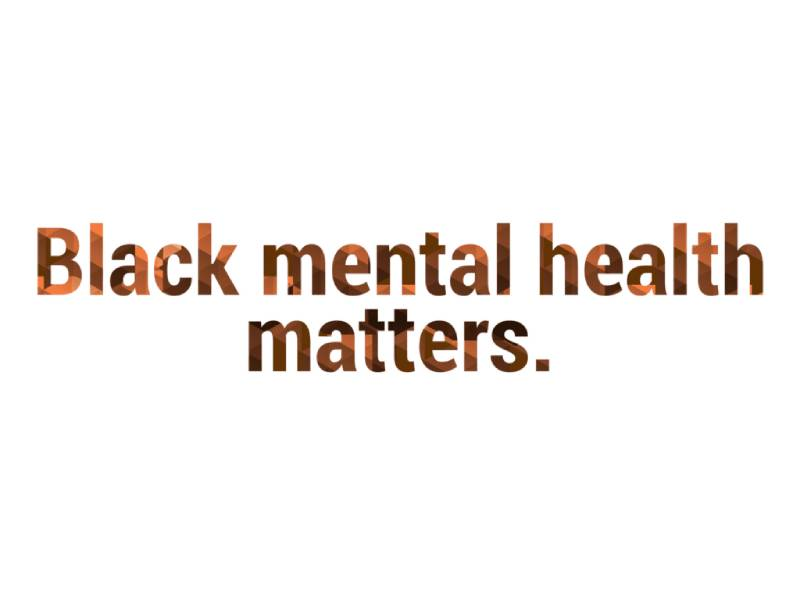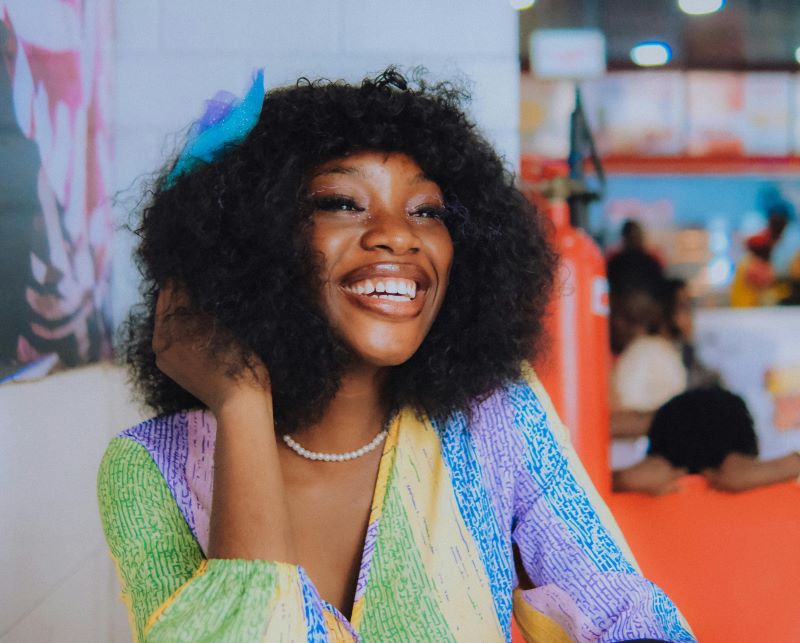
“The genius of our Black foremothers and forefathers was… to equip Black folks with cultural armor to beat back the demons of hopelessness, meaninglessness, and lovelessness.”
– Cornel West
When someone says, “Black Lives Matter!,” you always have that one white person that rebuttals with “well, all lives matter!” Yes, all lives matter however, you missed the entire point… the lives of Black people are being taken for no reason other than the simple fact that they are Black. Therefore, the phrase “Black Lives Matter” came into play because to a certain subgroup of people, Black lives don’t in fact matter to them. The title of this article should be regarded in the same way. When you read the title of this article your first thought should not be, “well, anyone can suffer from mental health issues.” That statement is exceedingly obvious. Technically, anyone can suffer from mental health issues, yes. However, not only are mental health issues in the Black community severely overlooked but we also face the lack of cultural representation, socioeconomic disparities, and stigmas. Black people are struggling mentally, daily, and some are even opting for suicide because life has gotten that much more unbearable for them. The Black community has the system, society, and our personal issues stacked against us. Without the proper help or care, mental health issues almost seem inevitable for us.
Acknowledgement
The weight of correcting the issues regarding Black mental health is not solely on the system and society… It’s on us as well. There are those in the Black community, me included, that will, at times, opt to overlook their mental health issues which are not only unhealthy but destructive. Not only do we have to acknowledge our issues, but we also have to acknowledge when we need help. Most importantly we have to acknowledge that needing help is not a bad thing. Unfortunately, society has deemed seeking help to be considered weak, but I assure you it is the complete opposite.
Why Black people do not seek help
As I have mentioned above, Black people do not seek help due to the lack of cultural representation, socioeconomic disparities, and stigmas.. Allow me to break these down for you…
Cultural Representation
Imagine talking to someone that clearly does not understand your situation but even worse TRIES TO. You will hear words like “I can understand how…,” “I empathize with you,” or “I’m sorry to hear that.” I cannot speak for every Black person in the world but as a Black person I would feel more comfortable opening up to another Black person. Not only will they understand where I am coming from, but they can give advice that is realistic and relates to me and my situation. For example, a middle-aged upper class White woman cannot tell a Black man how to combat his struggles with being a Black man in America… It just doesn’t work that way. This may sway Black people to not seek professional help because to spend money on help from someone who may not understand or relate to us can be a waste.
Socioeconomic Disparities
Black people do not have the same access to resources as other races. One of the main reasons for that is money and reach. According to NAMI.org, “In 2018, 11.5% of Black adults in the U.S. had no form of health insurance.” Lack of resources can contribute to Black people not knowing where to look to even get the help they need. The few Black people that can get access to these resources are the Black people that are more well off or that 1%. For example, Earvin “Magic” Johnson was diagnosed with HIV after a preseason physical for the 1991-92 NBA basketball season. He was told he was going to die. Fortunately, Johnson is still alive and is now told he will live for years… but how? Due to his wealth and connections, he was able to have access to new drugs that has now made Johnson HIV- undetectable. This was not an example of a mental health issue, but it still proves my point. Resources need to be available and more affordable for all people because there shouldn’t be a price on mental health.
Stigmas
Stigmas regarding mental health issues are huge in the Black community. It’s almost taboo to admit that you need help due to the negative attitudes about mental health issues. For example, if you admit you may need help you may be told to “man up” or “don’t be weak.” It’s almost as if saying you need help is a cop out to quit or give up. Due to these stigmas many Black people especially, the youth may not feel comfortable speaking up, out of fear that they will get ridiculed.
Combating the issue of mental health almost seems insurmountable, however, us Black people are known for being resilient. Yes, all of these contribute to the resistance Black people have when addressing their mental health issues, but I write this article to tell you that our mental health is just as important as any other race. Love yourself enough to take care of and fight for yourself! Don’t let these obstacles stop you from finding ways to take care of you. Even if it just starts with you creating self-care days for yourself or taking breaks. Start somewhere! With that being said, below, I have listed a few Black resources that might make you feel more comfortable addressing your mental health.
The Unapologetic Guide to Black Mental Health by Rheeda Walker

Black Mental Health Matters by Aaren Snyder, LMFT

Below is also a link that recommends an abundance of Black mental health resources. Including organizations, websites, more books, online resources, apps, and even videos that aid in addressing and providing help for Black people.
https://www.georgetownbehavioral.com/node/2529
Fight for YOU and YOUR mental health but remember you are not alone in this fight!

Kyrah Page is currently a student at Lincoln University. She is also the CEO and founder of her own brand called “Keepin’ It Kultured”. Where she combines art with activism to empower, inspire and educate the Black community. She advocates for change, promotes black positivity, and addresses controversial issues. Kyrah is many things but most importantly she is an activist.





